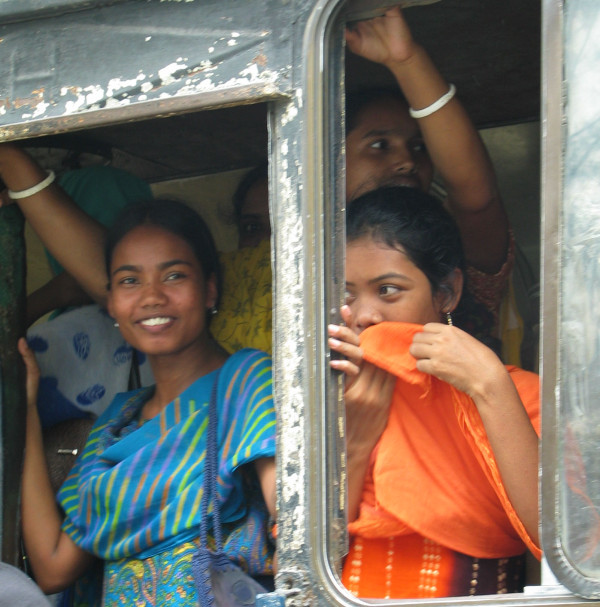Dipu Moni, the Bangladesh Foreign Minister, appeared on Al Jazeera May 15, 2013. While it is understandable that the minister defends her government’s actions, just as Prime Minister, Sheikh Hasina defends same, there was no trace of accountability nor transparency in their statements. Ms Moni saying protesters were just pretending to be dead and off camera stood up and walked away…(Al Jazeera May 15)! What?
Hasina in her USA televised interview was much worse and the troubling point was, she seemed to thoroughly believe herself. Both instances show how far government is removed from the people.
This is what fires the Shahbag Movement and the youth. It is a phenomenon not limited to Bangladesh, not at all. This is a universal phenomenon today in countries both developed and still developing.
There is a split between those in power and trying to hold on and the rest… who are either simply dejected and have given up, presuming their government should in reality be looking after them, or, are activists bent on changing the entire situation, hopefully by non-violent means – also by seeking some form of self-reliance.
On a related topic, employment or more true, unemployment, this too is a universal phenomenon. So many news broadcasts tell of the unemployed asking for jobs while at the same time it is clear that with the automation of production, use of huge harvesting machines and mechanised farming generally, and mono-crop agriculture relying on chemical controls, all that tells us that the days of mass employment have gone. The still developing countries need to take heed of what has happened in western-style manufacturing and agriculture and not walk that path.
Decentralised small-scale forming-distribution is the only answer to creating employment, with quality of human life taking precedence over profits.
Also noting these paragraphs from the notes circulated by the government of Bangladesh regarding the Savar building collapse:
Here, it may be relevant to refer to a factor that is perhaps adversely affecting the RMG sector in Bangladesh. This is one of the clauses of the letter of credit (L/C), the formal loan agreement for a purchase, of the buyers/importers. With a clause of deferred payment, to be disbursed six months after shipment, in letter of credit (L/C), they are literally fleecing the Bangladesh garment sector and contributing eventually to the misery of the workers.
With such L/Cs, these merchants get products shipped out and release payments to manufacturers after six months of delay. This means they virtually get their products on credit and pay manufacturers only after selling those. With payment being deferred for 6 months, Bangladeshi manufacturers are actually forced to subsidise the buyers. Garment-makers then usually take loan, free of interest for 90 days, against the L/C in executing orders. But, for the period beyond 90 days, manufacturers have to fork out a 15 per cent rate of interest on their loan. Frustrated, yet manufacturers are ever obliging because they do not want to upset the buyers and stay without work.
This is a telling instance of corporations and multinationals economically blackmailing companies with threats of, if they don’t accept these unacceptable conditions they will go elsewhere.
Countries need to make laws for the greater good of the people, not shareholder profits. The powerful men in business, in politics and in the military need to stop hiding inside the skirts of the Bangladesh women.
See:
Christiane Amanpour interviews Bangladeshi Prime Minster Sheikh Hasina:






